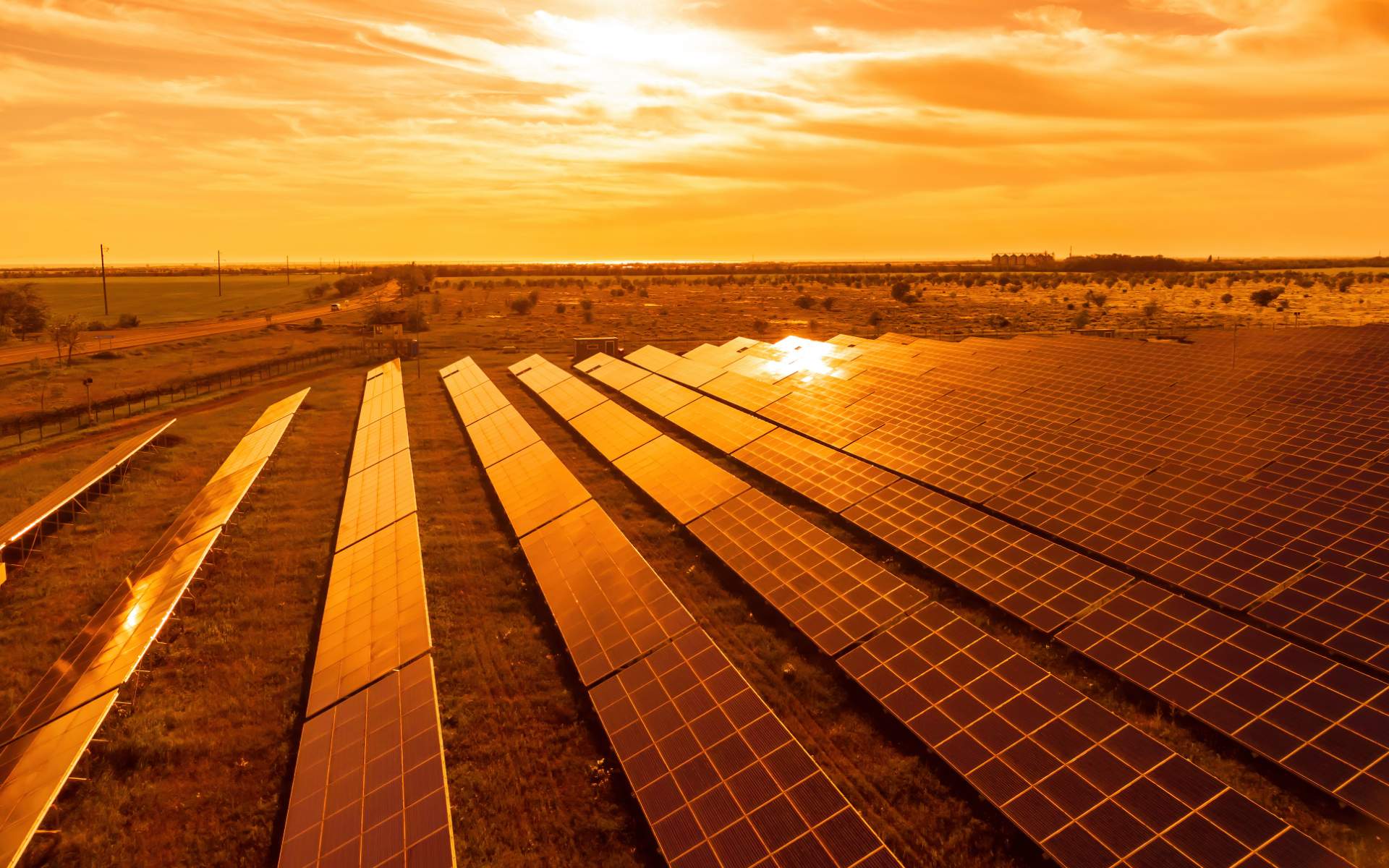
In expanding solar initiatives, TAQA Libya is focusing on several key areas: utility-scale solar farms to boost national power supply and strengthen the grid, rural electrification to deliver electricity access to remote areas and improve livelihoods, hybrid energy systems that integrate solar with other energy sources for greater efficiency, technological innovation through advanced photovoltaic and storage solutions, and a firm commitment to sustainability, ensuring projects are environmentally responsible while maximizing long-term energy output.
Utility-Scale Solar Farms
Developing large solar plants capable of generating significant power for urban and industrial use, enhancing grid stability and energy security.
Rural Electrification
Bringing solar power solutions to rural and underserved areas, ensuring access to electricity and improving quality of life.
Hybrid Energy Systems
Integrating solar power with existing oil, gas, and renewable infrastructure to create efficient, hybrid energy models that reduce carbon impact.
Technological Innovation
Leveraging advanced photovoltaic technologies, energy storage systems, and smart-grid solutions to improve efficiency and reliability.
Sustainability Commitment
Ensuring that all solar projects are developed with environmental responsibility, minimizing land impact while maximizing energy output.